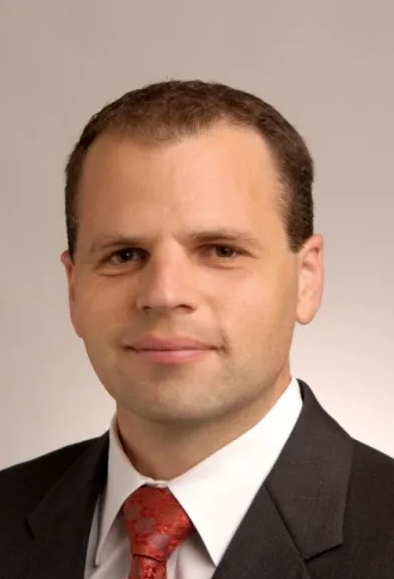
Advisory Board Spotlight
Steven Christensen
Since joining the SPP Advisory Board in 2016, Steve has been a strong advocate of the SPP from the Washington DC area. After more than a combined 25 years in the public and private sectors, Steve launched his own full-service public affairs and communications consulting firm, Christensen Consulting in 2017. At the same time Steve co-founded the non-profit, Responsible Battery Coalition where he currently, Steve serves as the Executive Director. The Responsible Battery Coalition, comprised of companies, academics, and organizations committed to the responsible management of the batteries of today and tomorrow. Previously, Steve served as the Managing Director in U.S. Public Affairs and Crisis Practice at Burson-Marsteller in Washington DC, where his clients include some of the world’s largest agriculture, chemical and consumer products companies. Before joining the private sector, Steve served in several roles as a senior policy official at the United States Department of Agriculture, where he concentrated his efforts on supporting public health and production agriculture through the development and implementation of sound science-based public policy. Steve received his BA in Political Science from UCR and went on to earn his MPP from Harvard University’s JFK School of Government.
What are your proudest accomplishments?
My proudest accomplishment is my family, my wonderful wife, and two great boys. I feel so lucky to have this amazing family who have supported me to follow my dream of working in Washington, D.C.
Are there any research areas you would be interested in collaborating with SPP faculty or students on?
Yes, the work I do with the Responsible Battery Coalition requires ongoing research around environmental policies and sustainability issues. Recycling of electric vehicle batteries is a relatively new field and technology is constantly evolving. When we think about the vehicle batteries of the future, we need policies that foster more innovation and at the same time create stability in the market. We also need more International trade policies that allow for the movement of battery materials for more efficient manufacturing and recycling practices. Also, consistency in environmental standards would be nice too, but we will settle for similarities in country policies relative to vehicle batteries.
What advice do you have for public policy students?
First, and I know that it’s been said before, but I agree with it, don’t think of the first job you land out of school as the job you will have for the rest of your life. Think of your first job as just one of the steps in the progression of what you will accomplish in your life.
Secondly, be clear on what you want. However, don’t get caught up in a certain company or organization. Look for the person that you want to work with. It is not the organization but the person who will help and guide you.
What do you think our policy students will be faced with as they graduate and go into the world in this time of COVID-19?
It can be a challenging time to be going into a workforce. You may need to rethink the places you were looking into prior to COVID-19 as the landscape has and is changing. Obviously, look for industries that are less affected by this crisis, technology, energy, etc. I think the government sector should be an option. Nonprofit organizations that rely on small donations may weather the crisis better, but trade associations may not be a good option now. Look at an organization’s public financial records to get an idea of what their financial stability might be in the next 8 – 10 months. I am also noticing that fellowships are still being offered and can be good in-between opportunities. Staying in academia would also be a good option.
On a personal note, what do you enjoy doing in your spare time?
Playing golf - it runs in my family. Even during this confinement period, I practice in my backyard as I have a practice net and practice green. It is hard for me to go a full week without playing a round of golf.